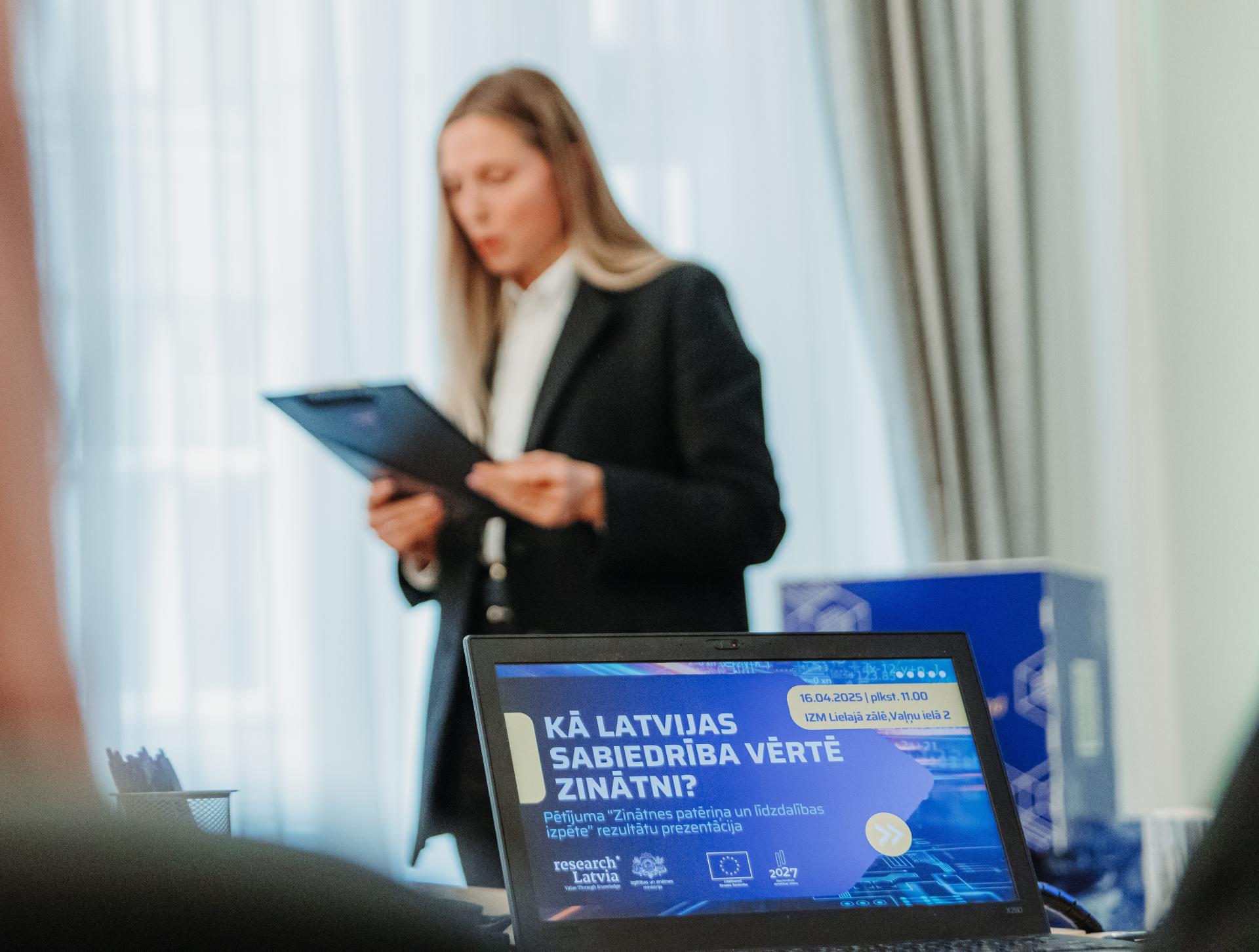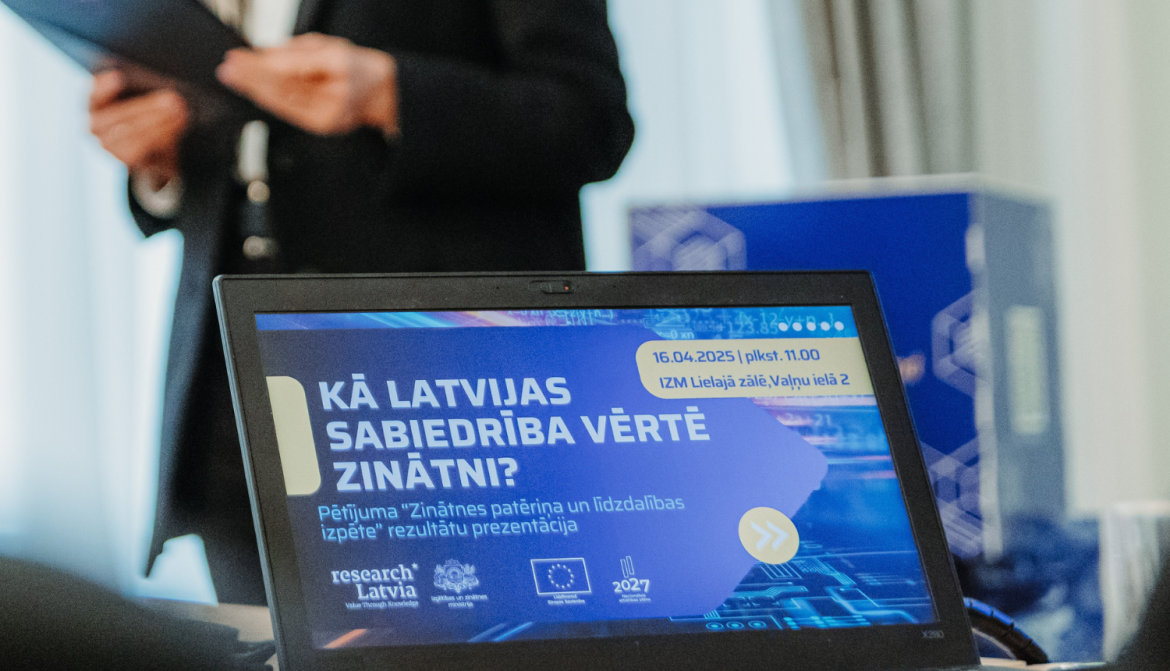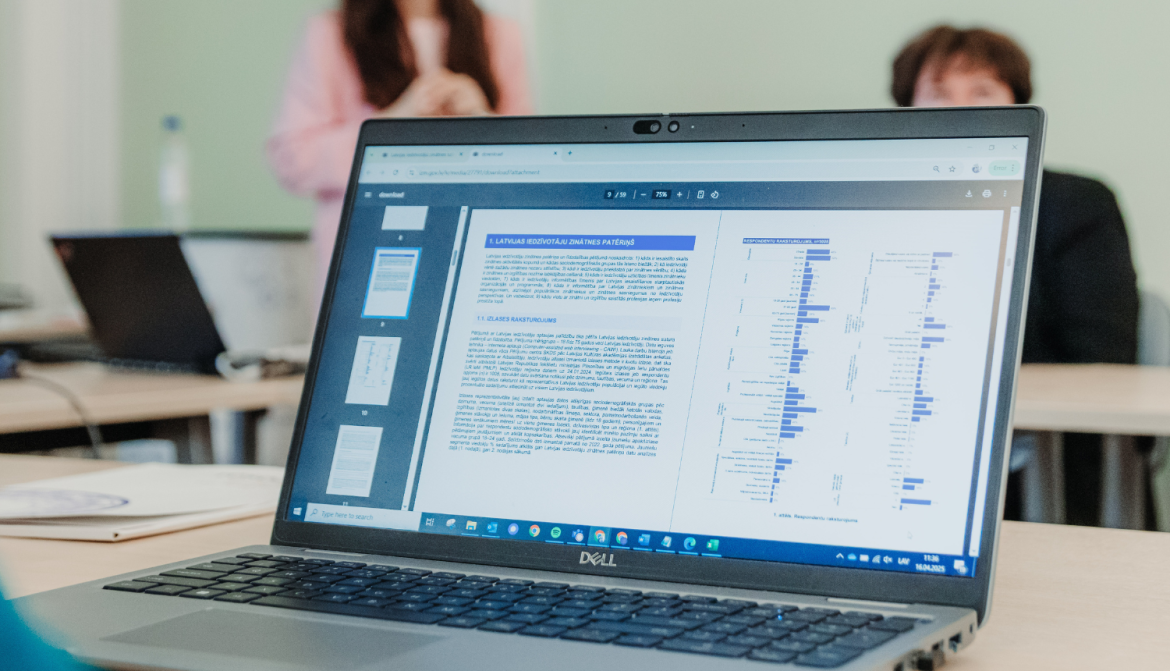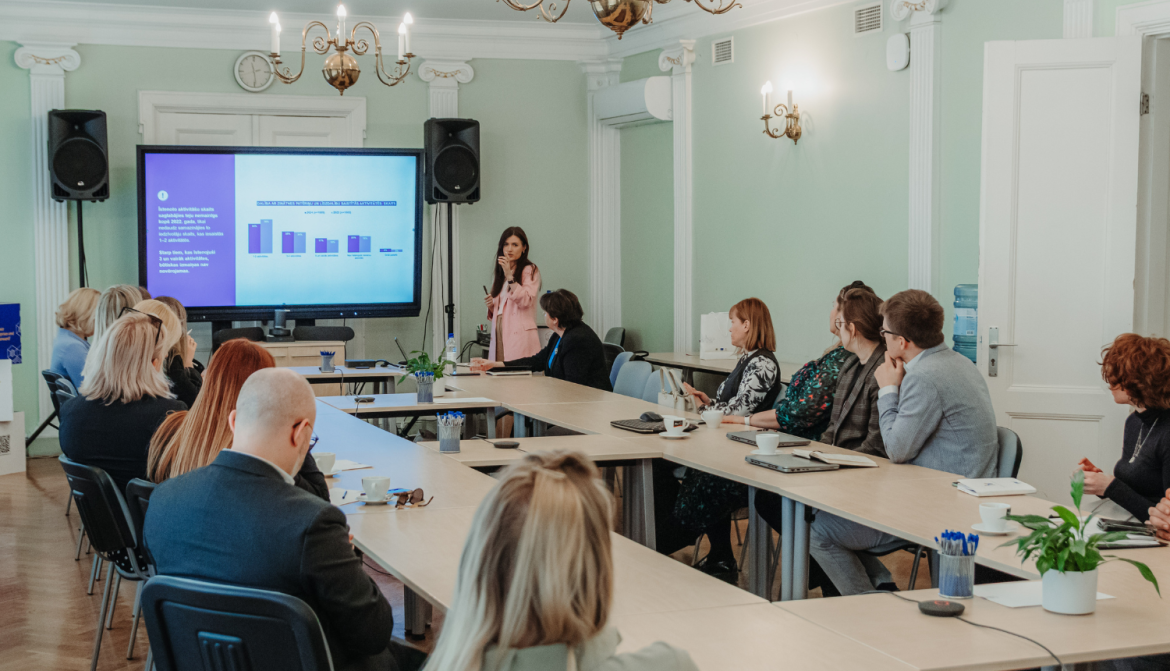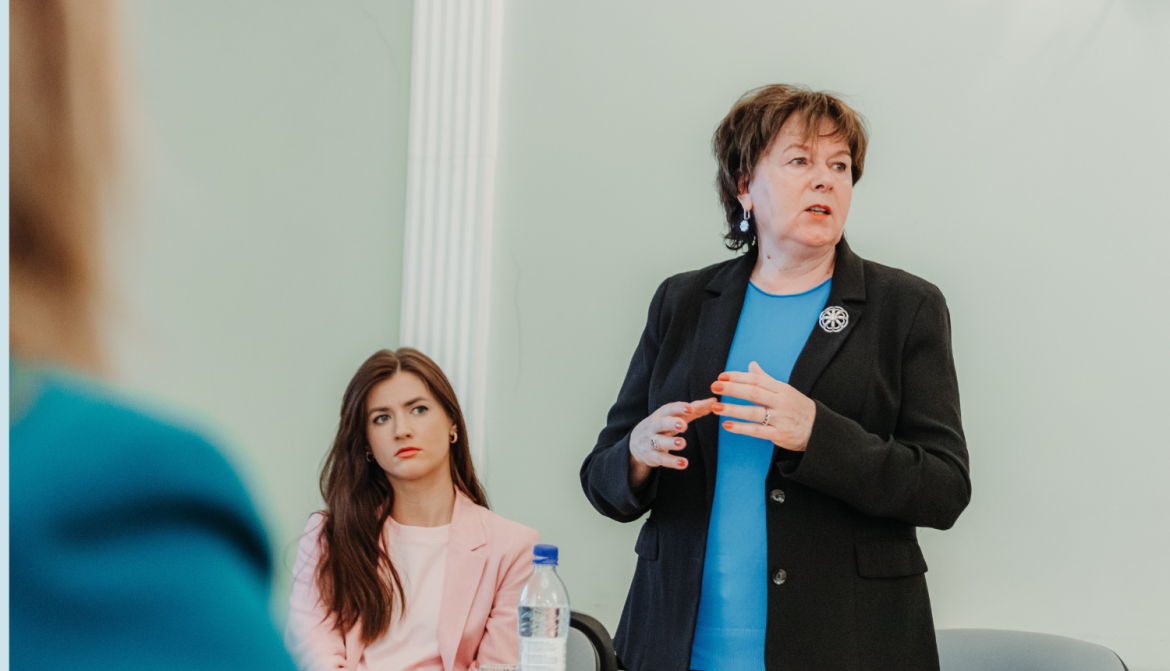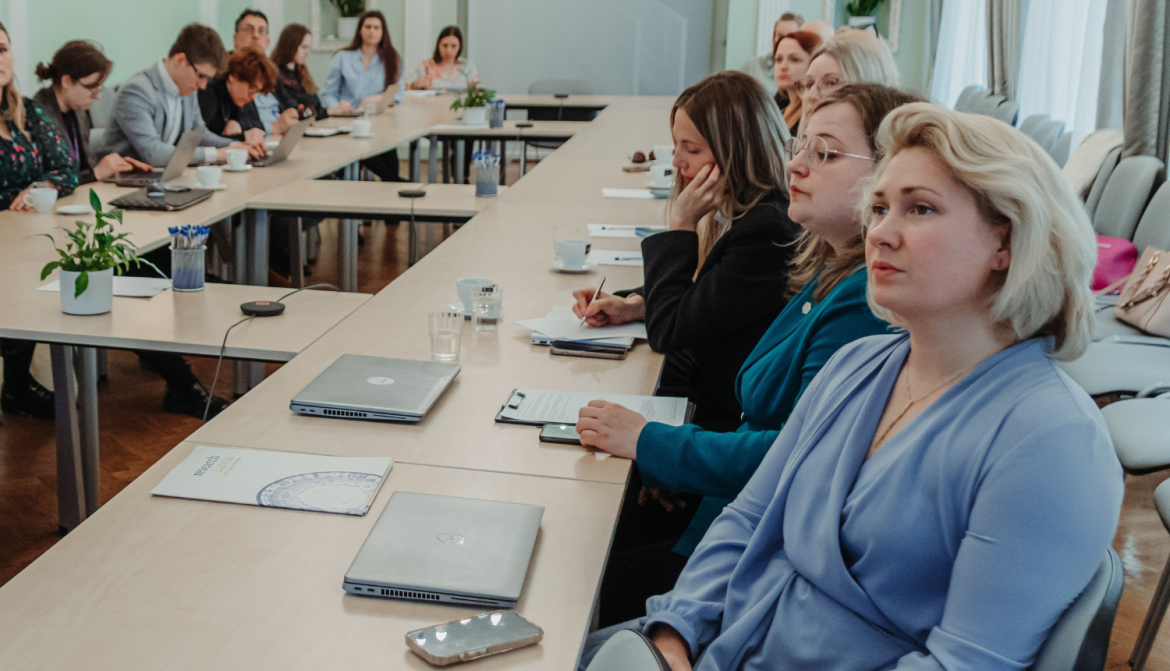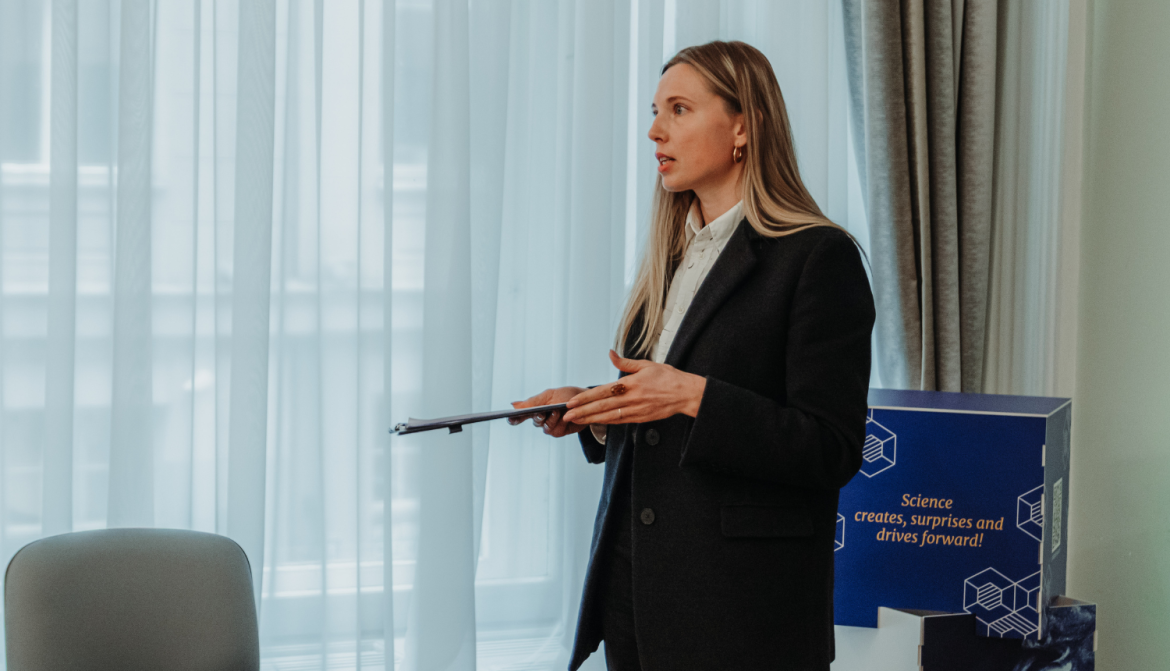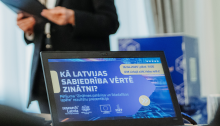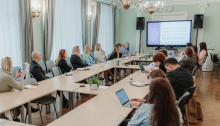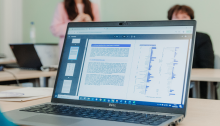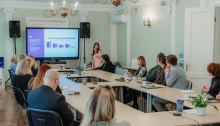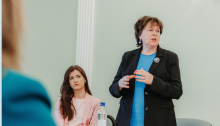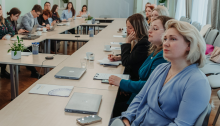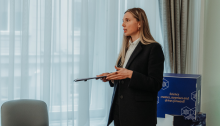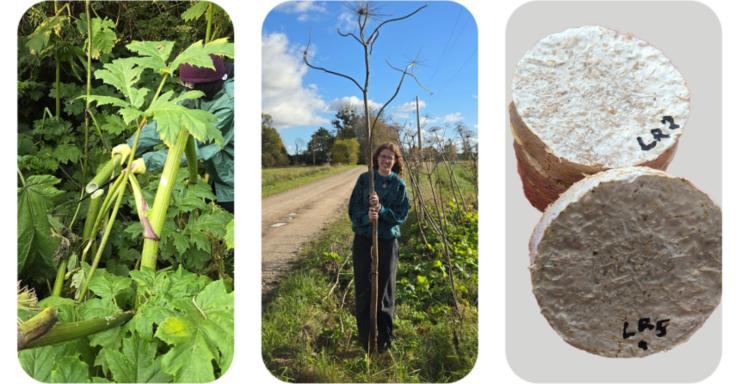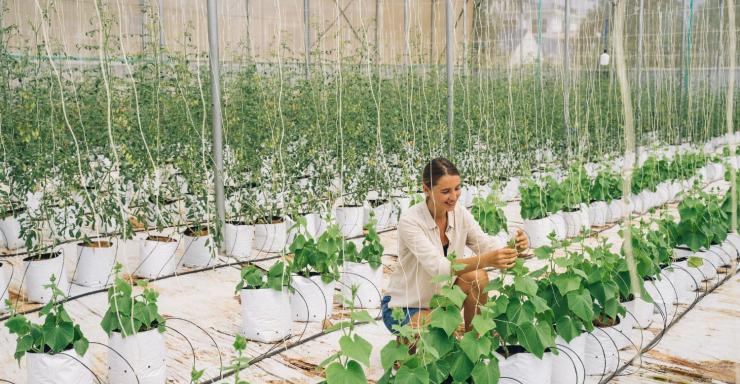Public interest in science in Latvia remains stable, as confirmed by the latest public opinion monitoring survey commissioned by the Ministry of Education and Science, which is conducted every two years. The study provides a comprehensive overview of public attitudes, participation, and interest in science, as well as insights into science consumption habits, perceptions, and opportunities for public engagement across different target groups.
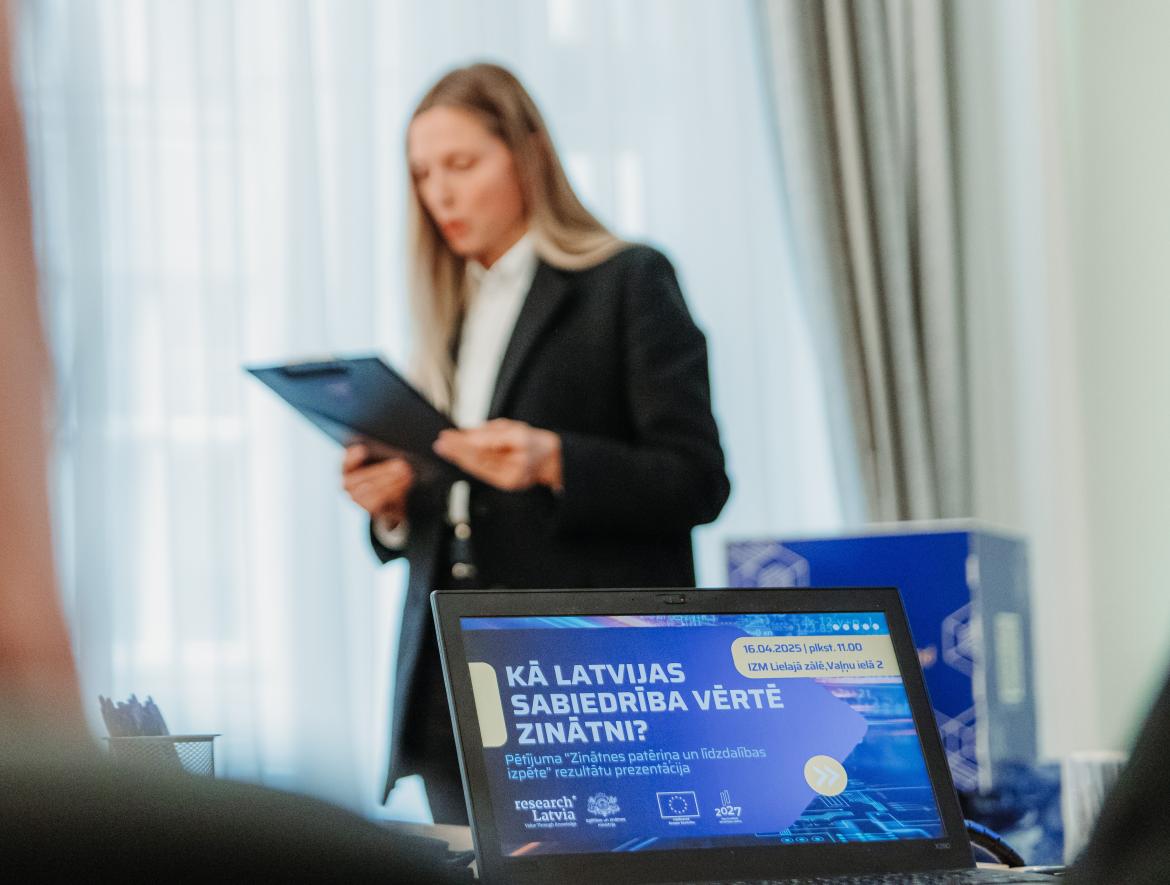
The latest edition of the longitudinal monitoring Study on Science Consumption and Public Engagement gathered data on Latvians’ science-related behaviors and engagement activities in 2024. The research was conducted by the Institute of Arts and Culture at the Latvian Academy of Culture in collaboration with the market and public opinion Research Center SKDS. The main findings reveal that interest in science and related activities has remained unchanged even three years after the pandemic: in total, 76% of Latvian residents participated in science-related activities in 2024. The most active consumers and participants in science are men (80%), young people aged 18–24 (95%) and 18–30 (90%), pupils and students (94%), residents of the Riga region (81%), and Riga city dwellers (83%).
The study also assessed how the public perceives the importance of government investments in various fields. Latvians largely agree that education and science can enhance national well-being. According to the results, residents rate investment in education highly (an average of 4.3 out of 5), followed by science (4.1). In comparison, investments in culture and the arts received a lower rating of 3.5.
Nearly one in five Latvian residents completely trusts science and the opinions of scientists. Trust in science and expert opinion is a key indicator in understanding science consumption and engagement. The distribution of opinions shows that nearly half (49%) of respondents rate their trust level as “4” on a five-point scale, while 19% express full trust with a score of “5”.
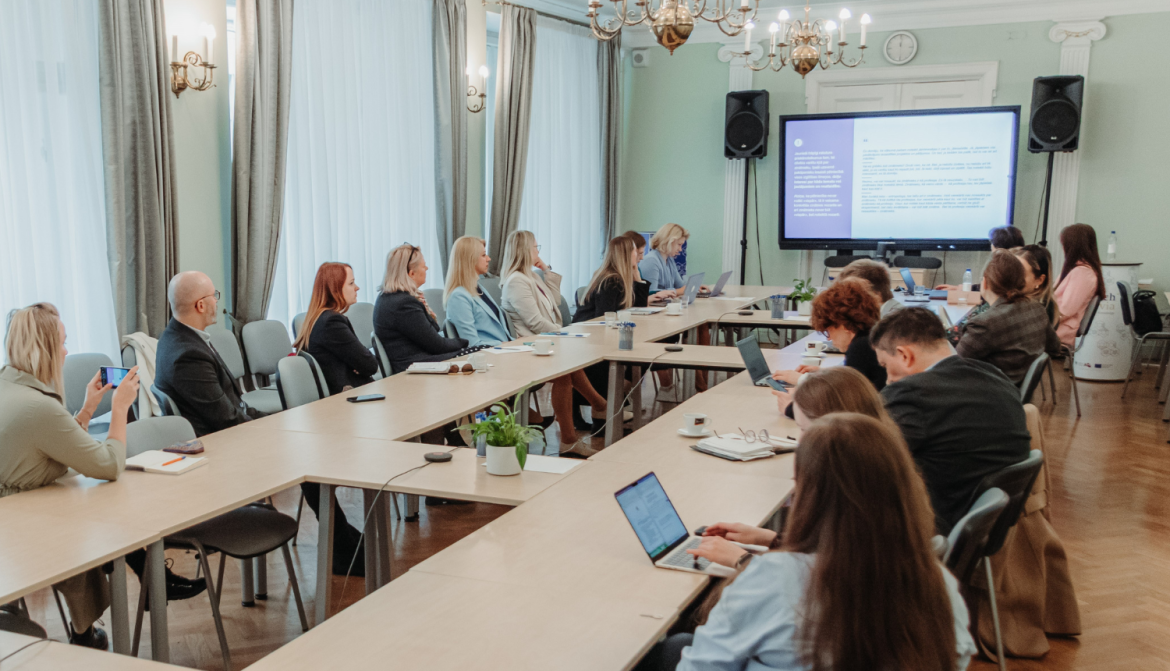
The results demonstrate that there is consistent interest in science, especially among young people, and a recognition of its practical importance. This creates a strong foundation for encouraging youth to take an active role in scientific processes and career paths. Ongoing monitoring provides valuable information that will help shape future-oriented science policy. Science and technological development are at the core of national competitiveness and societal well-being,” emphasizes Lana Frančeska Dreimane, Director of the Department of Higher Education, Science and Innovation at the Ministry of Education and Science.
Compared to the 2022 monitoring results, public evaluation of engineering and technology fields has slightly increased from 41% to 45%, making them the most highly rated, alongside medical and health sciences (45%). Social sciences, however, remain the least valued (26%). The results indicate a growing recognition of the social and economic importance of science, although part of the population still doubts its ability to solve issues such as poverty. Participation in science events and consumption of science-related content continues at a similar level to previous years. Interest in science podcasts has increased (from 8% in 2022 to 15% in 2024), while the share of viewers of science-related TV programs has declined (from 34% to 29%).
Trust in science is particularly high among young people, driven by their involvement in science-related activities. The list of the three most well-known Latvian scientists has remained unchanged, with approximately 21% of the population able to name at least one. The most recognized is President of the Latvian Academy of Sciences, Ivars Kalviņš (named by 9%), followed by University of Latvia mathematician and computer scientist Andris Ambainis (3%) and quantum physicist Vjačeslavs Kaščejevs (3%).
Around two-thirds of residents (63%) have heard about Latvia’s participation in international organizations or programs, most frequently UNESCO (44%). A third are aware of Latvia's participation in the European Space Agency (35%) and somewhat fewer of involvement in the Organisation for Economic Co-operation and Development (OECD) (29%).
The project’s lead researcher, Professor Dr. sc. soc. Anda Laķe from the LAC Institute of Arts and Culture, highlights that LAC researchers are pleased to have monitored changes in public opinion and experience regarding science literacy since 2018, with special attention to young people's readiness to engage in research and pursue scientific careers.
“Science does not exist in a vacuum; it’s not only for scientists—it’s part of everyday life, and its inventions are woven into our routines. Public attitudes towards science are shaped by values, dominant ideologies, and their transformations. That’s why it is crucial to monitor changes in science literacy systematically,” says Prof. A. Laķe, adding that in the age of disinformation, where many people reject scientific facts, restoring trust in evidence-based reasoning and finding better ways to communicate science is essential.
“Active public involvement in science-related activities improves overall attitudes toward science and helps people appreciate research and the work of scientists. The collected data also allow us to critically evaluate the work of scientists across different fields, including our own,” she concludes.
The public opinion monitoring Study on Science Consumption and Public Engagement was conducted in 2018, 2020, 2022, and 2024. Its aim is to understand how Latvian residents consume science content, participate in science, and evaluate its importance, with special attention to variations among different socio-demographic groups. Data were collected via an online survey (CAWI – computer-assisted web interviews) with 1,005 respondents. The research team included lead researcher Prof. Dr. sc. soc. Anda Laķe and researcher Ph. D. Līga Vinogradova from the LAC Institute of Arts and Culture.
This study also includes a detailed analysis of the opinions of 10 young people, based on a focus group discussion with 12th-grade students.
The total cost of the study was EUR 4,109.70 (excluding VAT). It was carried out within the Ministry project No. 1.1.1.1/1/24/I/001 “More Effective and Smarter Implementation and Management of Latvian Science Policy”.
